Dear Jacky:
Do I really need project management skills to be a successful illustrator?
In 2015, we hosted a conference called "Jacky Winter Gives You The Business." Our goal: empower artists with everything they didn't learn in art school. As part of the conference, I gave a talk called "Managing Client Expectations" and I've been thinking about it ever since.
The talk opened with something we've possibly all experienced: that sinking feeling when a project starts to derail. You know the one. You've said yes to what seemed like a bucket list opportunity but as the days (maybe even weeks) pass and you present revision after revision, it starts to collapse. Suddenly the project isn't what you expected, you’ve delivered the wrong thing or spent far more time than you budgeted for. You wake up at night in a panic thinking about the job because your client isn't happy, you're not happy, you're frustrated and everything seems like an uphill battle. You start to resent the client and the whole experience leaves a sour taste in your mouth.
The response to the conference was overwhelming. Artists approached us with gratitude, sharing stories of feeling unprepared for the realities of running a solo creative practice: from project disasters to lacking confidence when discussing payment terms or protecting their intellectual property. We eventually launched a podcast of the same name to continue these conversations about the business side of creative work and "just making things happen in general".
A decade later, those conversations feel more relevant than ever. The challenges artists shared haven't disappeared. In many ways, they've intensified. All of this has convinced me that project management is now essential for illustrators. Which is why we're launching Jacky Winter Academy, a project management course designed for commercial illustrators.
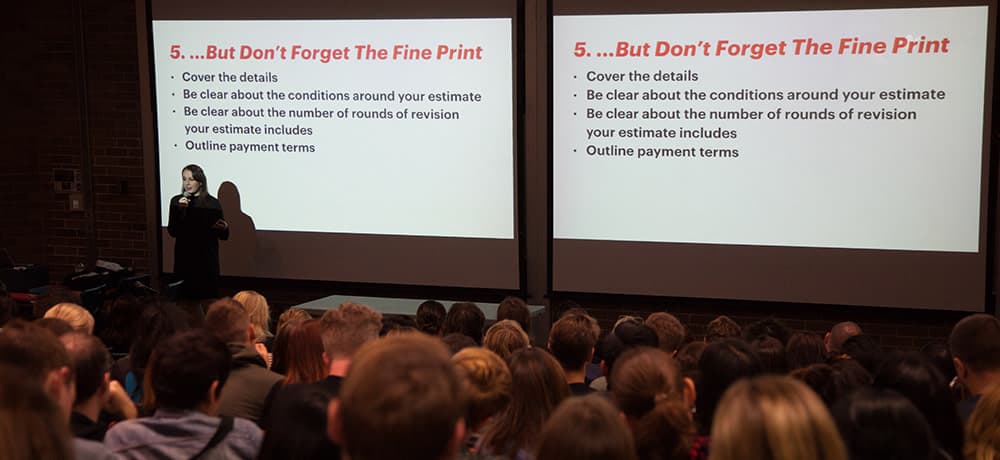
Why Artistic Talent Alone Isn't Enough
The creative industry is facing mounting pressures. AI is reshaping how we work, budgets are tightening, and the market is more competitive than ever. Economic uncertainty means approval chains lengthen and margins shrink. For freelancers, this makes potential project problems like scope creep and communication breakdowns even more costly to absorb.
In today's market, project management skills aren't just helpful, they're what win projects. A solid artist with great PM skills will beat a brilliant artist who can't manage scope or set clear expectations. When budgets are tight and options are endless, clients choose illustrators who make their lives easier. These same skills that win projects also keep clients coming back for more.
This reality means artistic talent alone won't cut it. As a freelance artist you're in the service business. The creatives who will thrive are those who can run projects smoothly and communicate clearly. When things go sideways (as they inevitably do), they know how to handle it calmly. These skills matter because most frustrations don't actually stem from the creative work itself, but from everything around it: projects that hemorrhage revisions, clients who vanish when you need feedback, or work appearing in contexts you never agreed to. Without systems, every commission can start to feel like an emergency.
The problem is, most illustrators are never taught these skills. Art schools focus on developing your creative voice and technical abilities, which is crucial. But they don't prepare you for the reality of running a creative business: pricing projects that actually cover your time, managing scope creep, handling clients, or setting boundaries that protect both your work and your wellbeing.
This gap between education and industry reality is creating stress, undervaluing creative work, and burning out artists who just don't have the tools to navigate the business side of what they do.
What I've Learned from almost 20 Years of Watching (and Fixing) Projects
I've been working as an agent and producer at Jacky Winter for 13 years, but before that, I spent several years as a commercial animation producer. I never went to school to learn how to be a producer. I had to figure it out on the job, making mistakes but learning fast.
One of my most formative experiences was sitting alongside artists in the studio. When I'd deliver feedback that was vague or poorly thought through, I could watch their body language change. I could see creative blocks stacking up in their minds in real time. That's when I realised my job wasn't just to pass along information. My job as a producer was to figure out as much as possible and remove any emotional blocks so whoever I was working with could easily take the next step.
I remember working with one client early on. An agency broadcast producer who acted more like a messenger than anything else. She'd forward internal email chains with zero context, leaving me to decode what she was trying to communicate. It was frustrating but it reinforced what I could see on my colleague's faces. My role was to make things easier for everyone involved. Everything from the painstakingly granular details of how I lay out an email to thinking as far ahead as possible to make sure nothing falls through the cracks. Working across timezones only reinforced this further. I would often have just one shot, a single email, to make sure an artist or client understood exactly what I needed, so I could wake up to a revision or decision that actually moved the project forward.
This "make it easier for the next person" philosophy has shaped everything we do at Jacky Winter. We've built systems that work so well that when clients need a specific style we don't represent, they still ask us to manage the project because they trust our approach. Once they work with us, they keep coming back because we make their lives easier.
Why Traditional Project Management Doesn't Work for Creatives
In my years of producing, I've seen why project management falls short for creatives. Most project management approaches were designed for predictable, repeatable processes. But creative work is messy. It involves subjective feedback, evolving ideas, and the balance between client needs and artistic vision. Project management often treats creativity like a commodity that can be produced on demand, which doesn't reflect how creative work actually happens.
What artists need is a framework that accounts for the unpredictable nature of creative work while still providing structure and professionalism. You need systems that protect your creative process while managing client expectations. You need to know how to have conversations about scope changes without damaging relationships. And you need to understand the business mechanics that keep creative work sustainable, both financially and emotionally.
How We Accidentally Built a Training Program
A few years into my tenure at Jacky Winter, we went through a significant period of growth. With fresh faces joining, we suddenly realised we'd been carrying all our knowledge in our heads. No handbook, no systematic way to train new people on everything we'd learned the hard way.
We started documenting everything. What began as a desperate handover document in 2014 became our Production Bible: a guide that every new staff member now finds invaluable. It covers all the systems we've developed, the mistakes we've learned from, and the scripts and frameworks that actually work in real-world scenarios.
We've thought about writing a book over the years, but for now, a course made more sense. We wanted something practical and interactive.
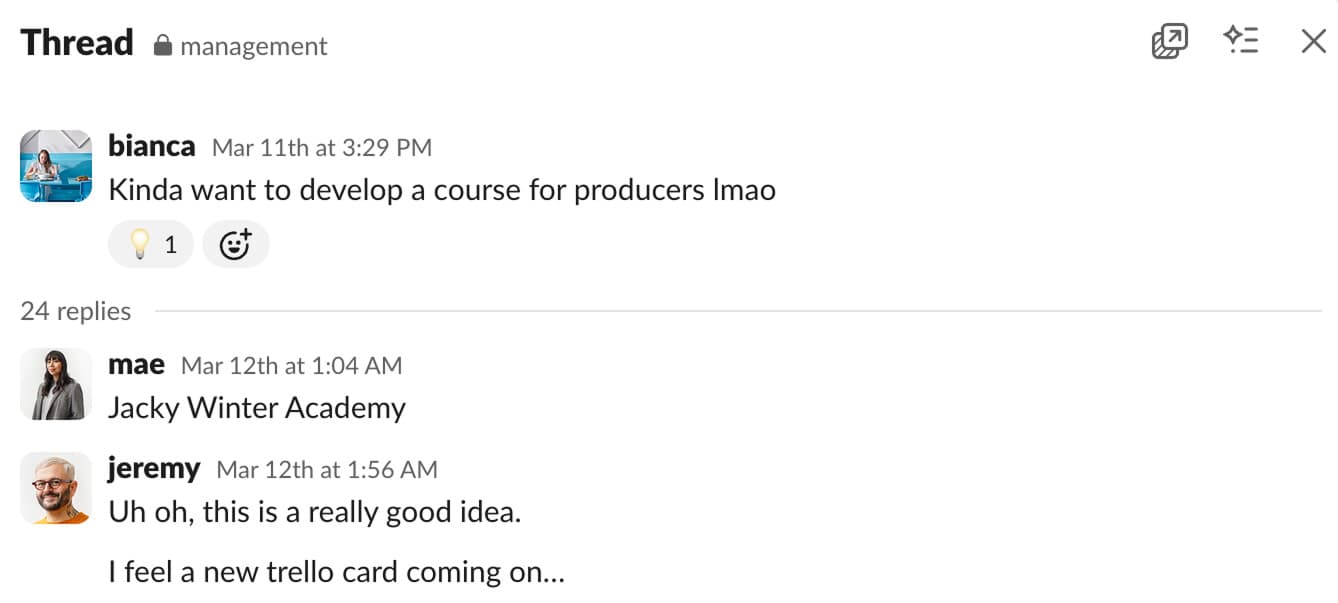
How Jacky Winter Academy Can Help
Jacky Winter Academy is our platform for creative project management courses and resources. It's about giving illustrators the tools to be a more sustainable, confident version of themselves. Basically all the stuff from our internal Production Bible, refined for commercial artists running their own practices.
We're kicking things off by running a 4-week live cohort this October, featuring select modules from our comprehensive course, The Flight Path: Mastering Creative Project Management. This cohort will help us shape the material with practicing illustrators, so we can build the most relevant self-paced course covering the complete project lifecycle - from initial inquiry through final delivery.
Our first live cohort will start with that crucial pre-production phase where most disasters are born or prevented. These are the skills that set every project up for success, yet most artists have to figure them out the hard way.
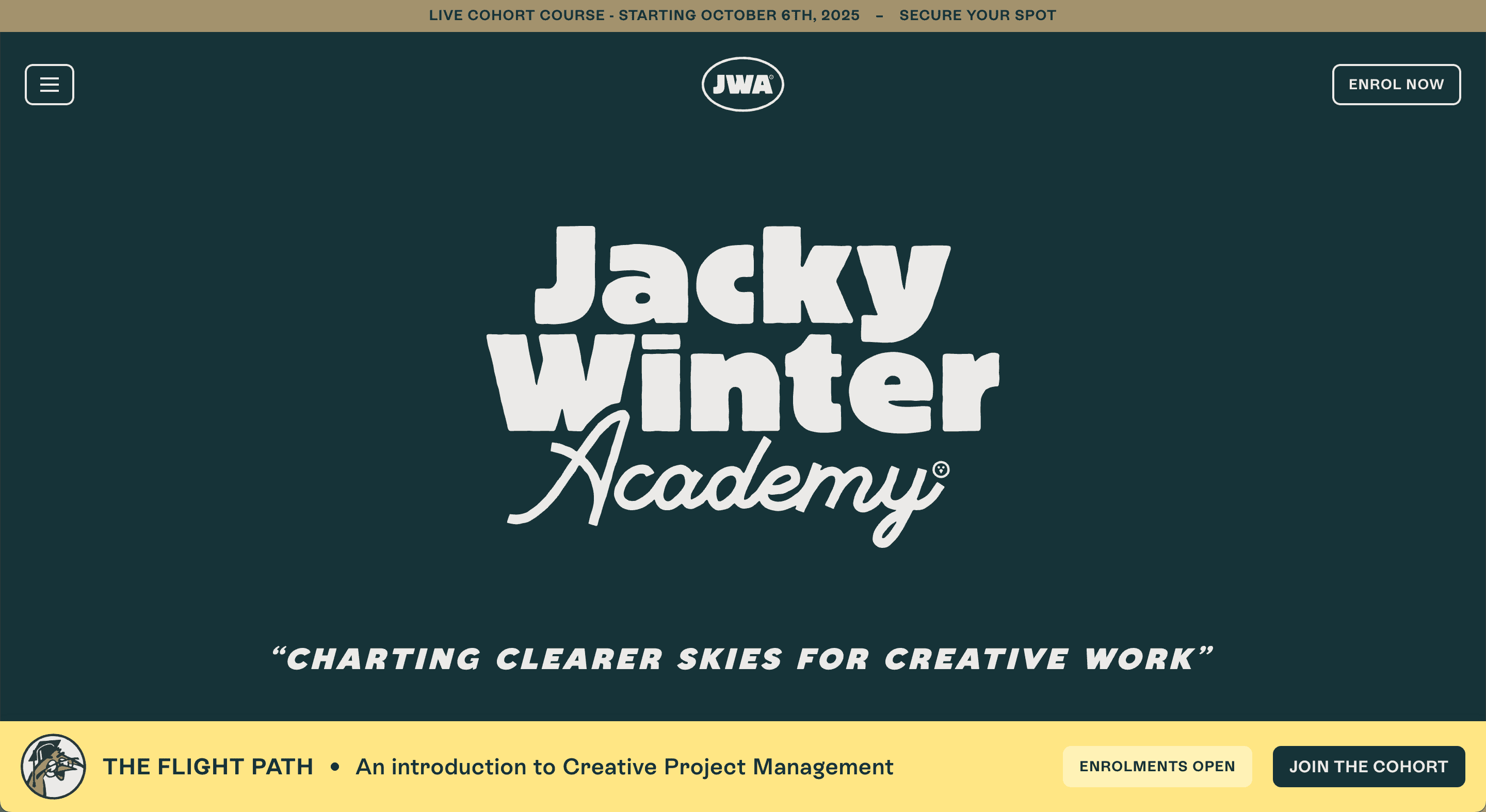
Why Now?
The creative landscape has never been more challenging, but it's also full of opportunity for artists who can navigate it skillfully. AI might be changing how we work, but it's also highlighting the value of human creativity, strategic thinking, and good project management. The artists who will thrive in this environment aren't just those with strong portfolios, they’re the ones clients trust because they have solid systems.
The goal, as it's always been at Jacky Winter, is to help artists be full-time artists. To create conditions where creative talent can thrive without being dragged down by preventable project problems, financial instability, or burnout.
When artists can manage projects professionally, it elevates the entire creative industry. Clients start to see illustrators as strategic partners rather than just skilled labour. Projects run more smoothly, which means better outcomes for everyone. And instead of fighting fires, artists can focus more of their energy on what they do best: creating great work.
Jacky Winter Academy is our way of sharing what we've learned, so the next generation of commercial artists can spend less time stressed about project management and more time doing what they love.
Because great art deserves great project management. And every creative deserves the skills to sustain their practice for the long term.
Learn more about Jacky Winter Academy here.
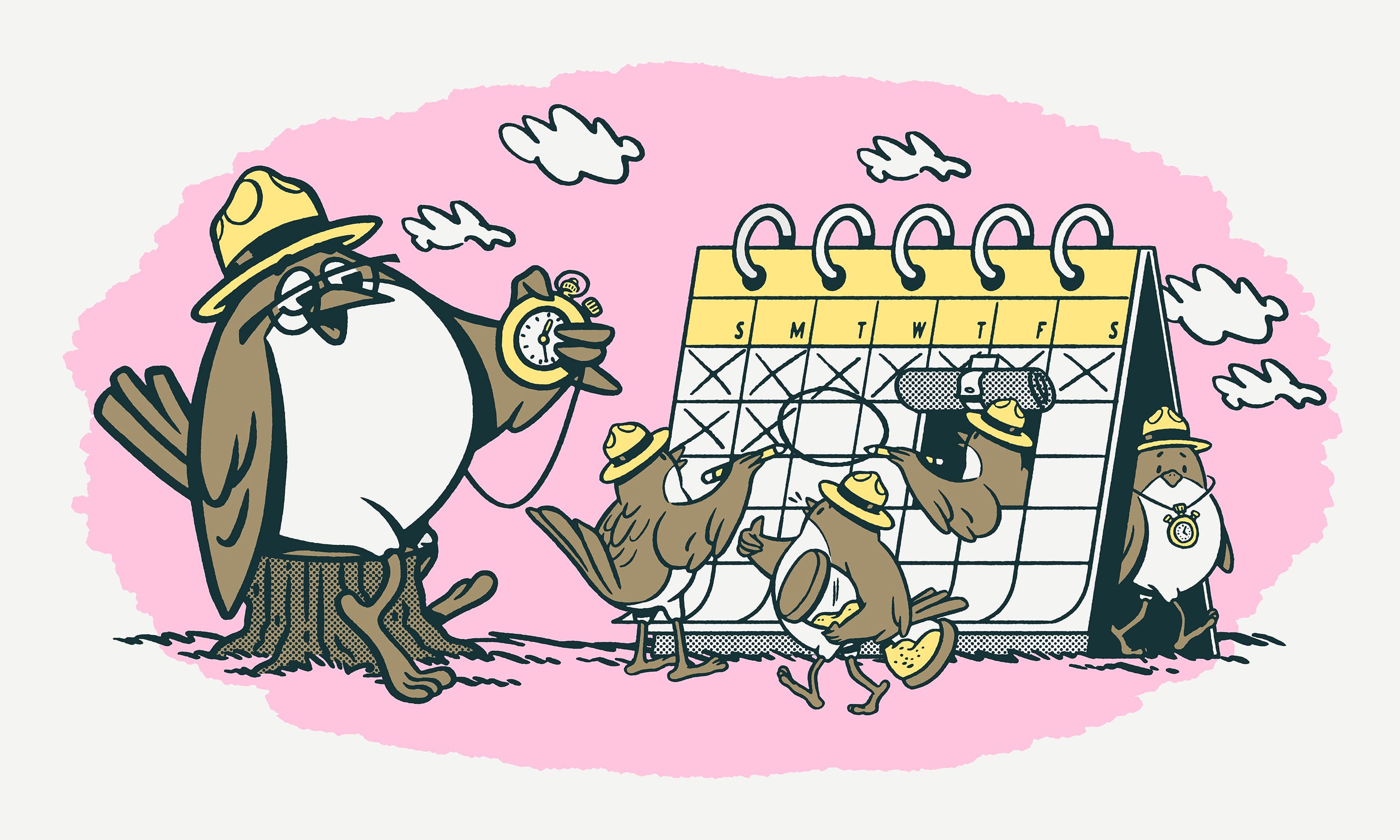
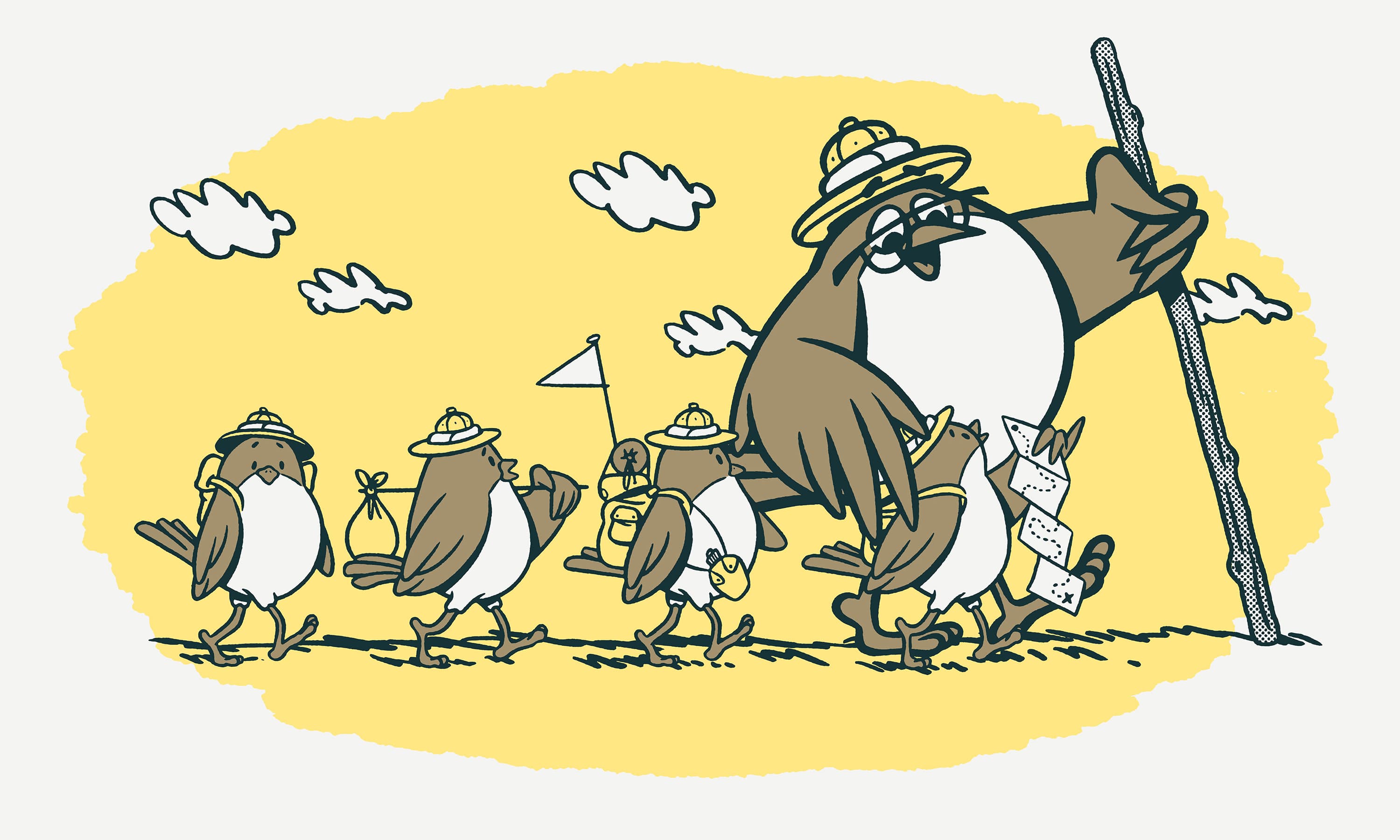
Newsletter
About the author

Originally from Melbourne, Bianca moved to New York in 2016 to setup and oversee Jacky Winter's US office. Before her time in artist management, she spent the first half of her career as an animation producer managing teams of animators on commercial projects. She has a deep-seated curiosity for the creative process and a career commitment to understanding the unique challenges artists and clients come up against while trying to get things made.

